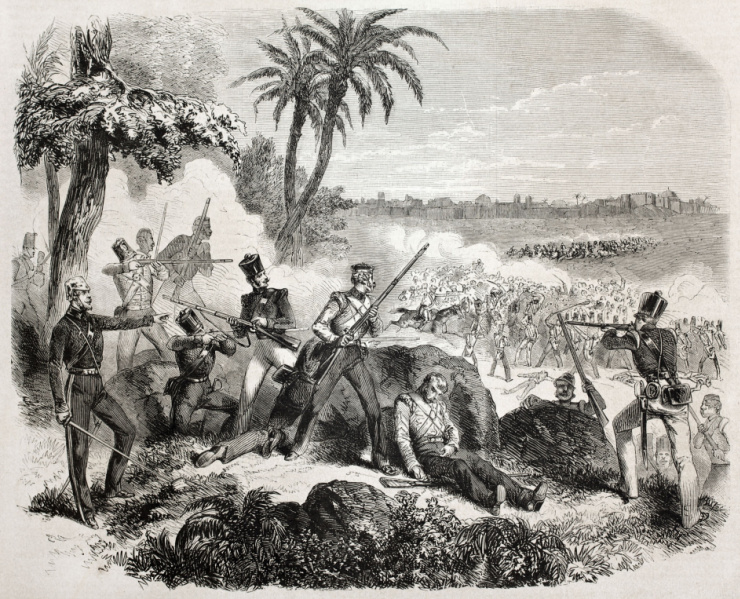
Nigel Biggar, emeritus professor of theology at Oxford, has been pilloried for his book, “Colonialism: A Moral Reckoning,” It is not, writes Tunku Varadarajan in the WSJ, the work of imperial nostalgia.
From Mr. Varadarajan’s WSJ review: Biggar appears to be “blessed with skin that is as thick as his mind is clear.”
Not for him (Biggar) the postcolonial self-flagellation and -censorship that would have modern Britons abase themselves to atone for the sins of their forefathers. For Britain to remain a confident pillar of the liberal international order, it must be proud of its own past, not paralyzed by it.
Biggar focuses on British colonialism, which is “not a history of the British Empire but a moral assessment of it.” To Mr. Biggar, the truth about empire is “morally complicated and ambiguous,” observes Mr. Varadarajan:
(Biggar) confronts mortarboard-leftists with questions that they are all too ready to evade: Are colonialism and slavery really essentially the same thing? Was the British Empire really a theater of nonstop racism? Was it driven fundamentally by material greed and economic exploitation, or were there also other, much less base, motivations?
No apologist for imperialism, Mr. Biggar is at pains to stress that the British Empire “did good as well as evil.” But he goes beyond that limited claim.
Did the British Empire, he asks, “do more good than evil?” This is the kind of query that elicits gasps in classrooms today. The very raising of such a question, one that accepts the possibility that empire wasn’t irredeemably bad, is offensive to a majority of Mr. Biggar’s colleagues. For his part, Mr. Biggar accuses his detractors of an “unscrupulous indifference to historical truth.”
Whitewashing the Wicked Empire?
The author has blotted his copybook with the “bien-pensant herd.” Biggar runs an academic project at Oxford called “Ethics and Empire,” which embraces the fact that the imperial form of political organization had been the world’s default mode until 1945, but rejected the assumption that “empire is always and everywhere wicked.”
The project was denounced by students at Oxford, and hundreds of academics worldwide were exhorted to silence Biggar, writes Priyamvada Gopal, a Cambridge University professor of postcolonial studies.
Shut This Stuff Down
On learning of the project, she tweeted a call to arms: “OMG. This is serious s—. . . . We need to SHUT THIS DOWN.”
Other critics feel it would be more appropriate if the WSJ moved Varadarajan’s book review to the “Opinion” page.
Mr. Biggar’s book is not a work of imperial nostalgia—far from it, promises Mr. Varadarajan.
… critics will caricature it as a whitewash of colonialism.
(Biggar) has been pilloried for the book but appears to be blessed with skin that is as thick as his mind is clear. Not for him the postcolonial self-flagellation and -censorship that would have modern Britons abase themselves to atone for the sins of their forefathers. For Britain to remain a confident pillar of the liberal international order, it must be proud of its own past, not paralyzed by it.
If you’re willing to fight for Main Street America, click here to sign up for the Richardcyoung.com free weekly email.






